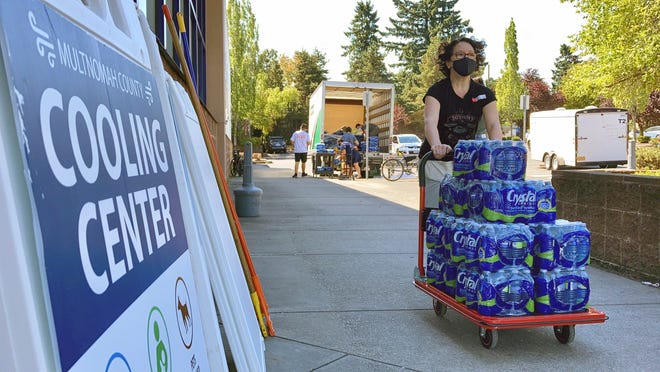Portland, Oregon — Oregon will cover climate change costs for certain low-income patients under its Medicaid program as the normally temperate Pacific Northwest region sees longer heatwaves and more intense wildfires It will be the first state in the country.
The new initiative, which is expected to go into effect in 2024, will cover payments for equipment such as air conditioners and air filters for Medicaid members with health conditions living in areas where an extreme weather emergency has been declared by the federal or governmental authorities. The governor’s office, according to the Oregon Department of Health.
OHA director Patrick Allen said it aims to help people “coping with the effects of extreme heat, wildfires and other climate change catastrophes.”
The measures are part of what the US Department of Health and Human Services’ Center for Medicare and Medicaid Services described in Oregon and Massachusetts as a “groundbreaking Medicaid initiative.”
